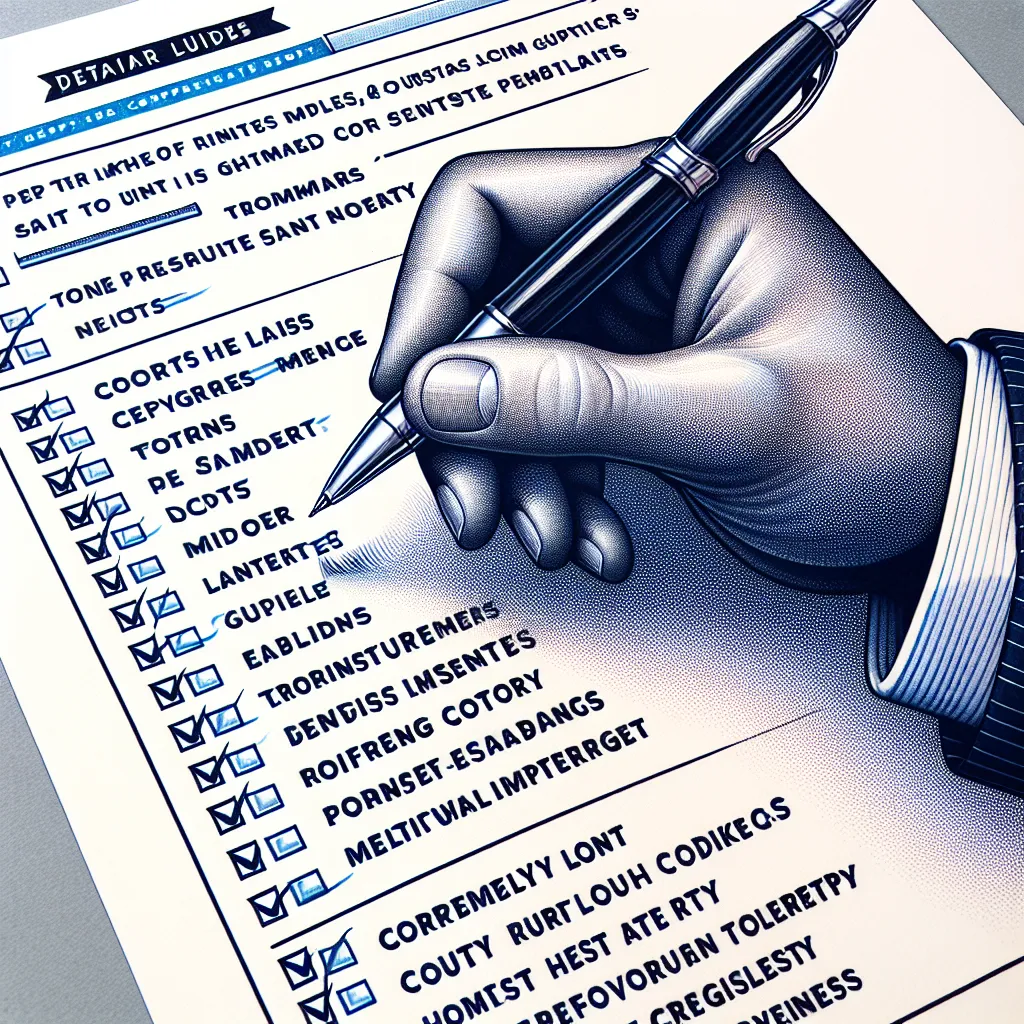In today’s competitive business landscape, effective communication is paramount. For professionals tasked with creating corporate reports, mastering advanced grammar is not just a skill—it’s a necessity. This article will delve into the intricacies of Advanced Grammar For Corporate Reports, providing you with the tools to elevate your writing and impress stakeholders.
Understanding the Importance of Advanced Grammar in Corporate Reports
Corporate reports serve as a company’s formal communication with stakeholders, investors, and the public. They require a level of precision and clarity that goes beyond everyday writing. Advanced grammar skills ensure that your reports are not only accurate but also professional and persuasive.
The Role of Grammar in Professional Credibility
When it comes to corporate communication, grammar mistakes can be costly. They can undermine your credibility and, by extension, the credibility of your organization. Mastering advanced grammar demonstrates attention to detail and a commitment to excellence—qualities that are highly valued in the corporate world.
 Professional writing corporate report
Professional writing corporate report
Key Areas of Advanced Grammar for Corporate Reports
1. Complex Sentence Structures
Corporate reports often require the communication of complex ideas. Mastering advanced sentence structures allows you to convey intricate concepts clearly and concisely.
Example:
- Basic: “The company increased sales. This led to higher profits.”
- Advanced: “The company’s strategic focus on market expansion, coupled with innovative product development, resulted in a significant increase in sales, which consequently drove higher profits across all divisions.”
2. Proper Use of Passive Voice
While active voice is generally preferred, passive voice has its place in corporate writing, especially when the focus is on the action rather than the actor.
Example:
- Active: “The board approved the new policy.”
- Passive: “The new policy was approved by the board.”
Use passive voice judiciously to maintain objectivity or when the actor is less important than the action itself.
3. Precise Verb Tenses
Accuracy in verb tenses is crucial in corporate reports, especially when discussing financial projections or past performance.
Example:
- Incorrect: “By the end of next fiscal year, we will have increased our market share by 15%.”
- Correct: “By the end of the next fiscal year, we project that we will have increased our market share by 15%.”
For more tips on perfecting your grammar for business communication, check out our guide on tips for mastering English in business communication.
4. Proper Use of Modifiers
Modifiers can significantly enhance the precision of your writing, but they must be used correctly to avoid ambiguity.
Example:
- Ambiguous: “The company only sells eco-friendly products in Europe.”
- Clear: “The company sells eco-friendly products only in Europe.”
5. Mastering Parallel Structure
Parallel structure is essential for creating clear and elegant prose, especially in lists and comparisons.
Example:
- Incorrect: “The report highlights our commitment to innovation, how we’ve expanded globally, and our sustainability efforts.”
- Correct: “The report highlights our commitment to innovation, our global expansion, and our sustainability efforts.”
Advanced Punctuation for Corporate Reports
1. Semicolons for Complex Lists
Use semicolons to separate items in a list when the items themselves contain commas.
Example:
“The company has offices in New York, USA; London, UK; and Tokyo, Japan.”
2. Em Dashes for Emphasis
Em dashes can be used to set off a phrase for emphasis or to provide additional information.
Example:
“Our latest product line—a result of years of research and development—has exceeded all sales projections.”
3. Colons for Introducing Lists or Explanations
Use colons to introduce lists or explanations, especially in formal writing.
Example:
“The company focuses on three core values: integrity, innovation, and customer satisfaction.”
For a deeper dive into improving your English syntax skills, which is crucial for corporate writing, visit our article on how to improve English syntax skills.
Common Pitfalls to Avoid in Corporate Report Writing
- Overuse of jargon or technical terms without explanation
- Inconsistent use of tenses throughout the report
- Misplaced or dangling modifiers
- Lack of subject-verb agreement in complex sentences
- Improper use of apostrophes in possessives and contractions
 Corporate report grammar checklist
Corporate report grammar checklist
Strategies for Improving Your Advanced Grammar Skills
- Read extensively: Expose yourself to well-written corporate reports and financial documents.
- Practice regularly: Write mock reports and have them reviewed by colleagues or mentors.
- Use grammar checking tools: While not infallible, they can catch many common errors.
- Take advanced grammar courses: Consider online courses specifically tailored for business writing.
- Seek feedback: Ask for constructive criticism from experienced professionals in your field.
For additional resources to enhance your grammar skills, explore our article on the best online resources for English grammar practice.
Conclusion
Mastering advanced grammar for corporate reports is an ongoing process that requires dedication and practice. By focusing on complex sentence structures, proper use of voice and tenses, and advanced punctuation, you can significantly improve the quality and impact of your corporate communications. Remember, in the world of business, how you say something can be just as important as what you say.
To further enhance your corporate communication skills, don’t miss our comprehensive guide on perfecting grammar for corporate communication.
We encourage you to apply these advanced grammar techniques in your next corporate report. Share your experiences or ask questions in the comments below—your insights could help fellow professionals in their journey to mastering corporate communication.




